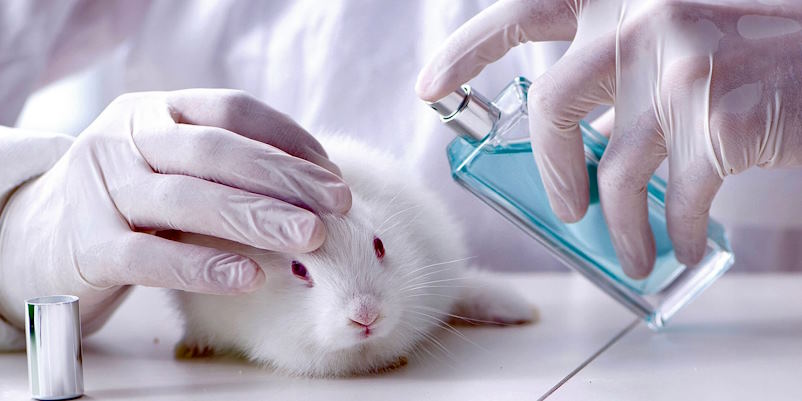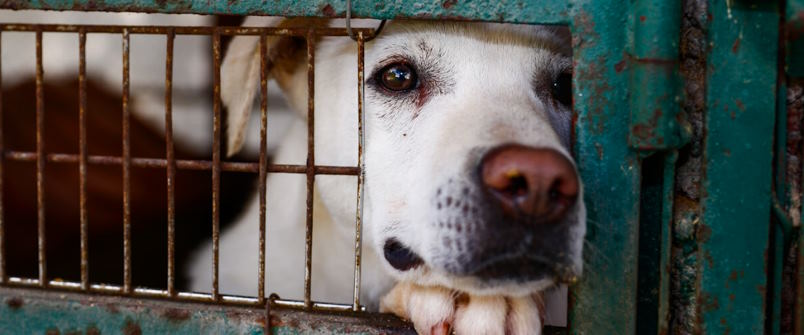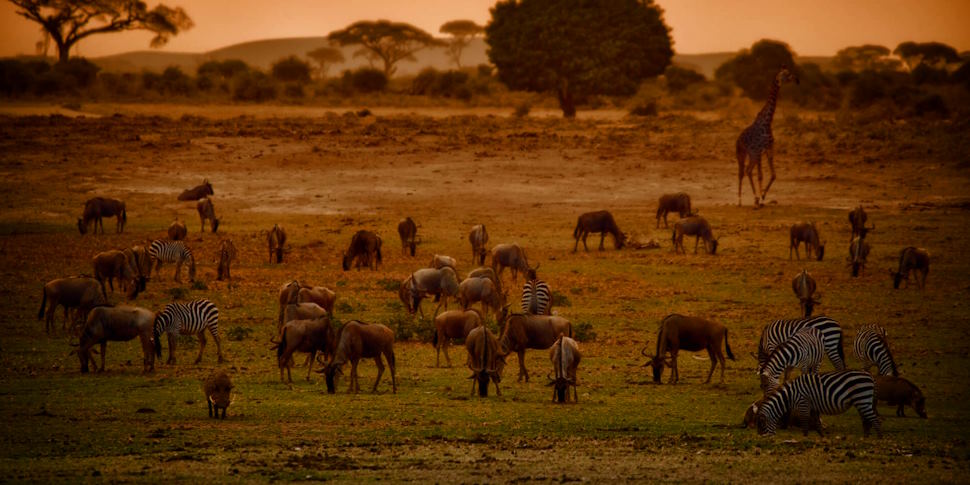Animals, with their beauty, diversity, and inherent value, enrich our world in countless ways. They inhabit our forests, oceans, and skies, forming intricate ecosystems that sustain life on Earth. However, alongside their vital role, animals also face numerous challenges and issues that threaten their well-being and existence.
What are the biggest problems animals come across?
Common animal issues encompass a wide array of challenges that animals face in today’s world. These issues reflect the complex relationship between humans and animals and highlight the need for concerted efforts to address them. Let’s explore some of the most prevalent animal issues in more detail:
Animal Cruelty and Abuse
Unfortunately, animals often become victims of deliberate acts of cruelty and abuse. Whether it’s physical violence, neglect, or involvement in illegal activities such as animal fighting, these acts cause immense suffering and pain to innocent creatures. Animal cruelty and abuse not only inflict direct harm on individual animals but also indicate a profound disregard for their inherent rights and welfare.
Wildlife Exploitation and Trafficking
These are major concerns threatening various species and ecosystems. Illegal hunting, poaching, and the trade of endangered species and their body parts disrupt natural habitats and contribute to the depletion of biodiversity. The illegal wildlife trade has far-reaching consequences, not only for animals but also for ecological balance and global conservation efforts.

Factory Farming and Animal Agriculture
The intensive practices of factory farming raise concerns about animal welfare, environmental impact, and public health. In addition, animals are often kept in overcrowded and stressful conditions, leading to physical and psychological suffering.
Animal Testing and Research
Using animals in scientific experiments and research has long been a topic of ethical debate. While these practices have contributed to significant advancements in medical and scientific knowledge, they raise questions about the moral implications of inflicting harm and subjecting animals to potentially painful procedures. Pursuing alternative methods that minimize or replace animal testing is an ongoing focus for ethical progress in scientific research.
Stray Animals and Overpopulation
Stray animals, particularly dogs, and cats, face numerous challenges associated with homelessness and overpopulation. They often lack proper care, suffer from inadequate nutrition and medical attention, and struggle to find safe shelter. Stray animal populations strain resources, result in the euthanization of healthy animals in overcrowded shelters, and can lead to public health and safety concerns.
Habitat Destruction and Loss
Habitat destruction, driven by factors such as deforestation, urbanization, pollution, and climate change, poses a severe threat to animal populations worldwide. Losing natural habitats disrupts ecosystems, displaces species from their native environments, and diminishes biodiversity. This loss affects individual species and undermines the intricate web of interactions that sustain the health and balance of ecosystems.








